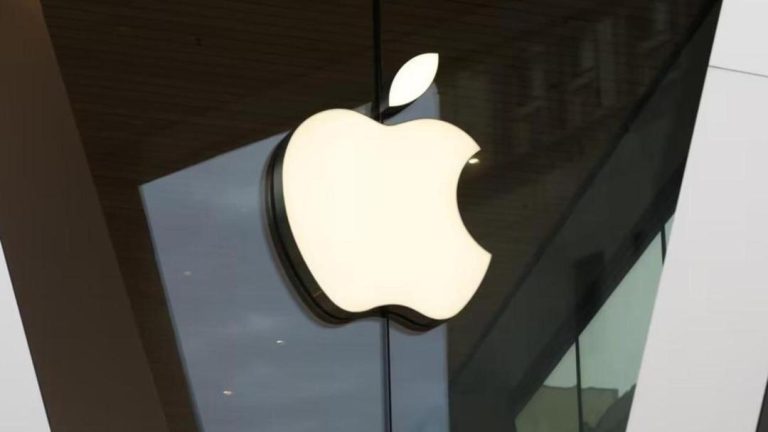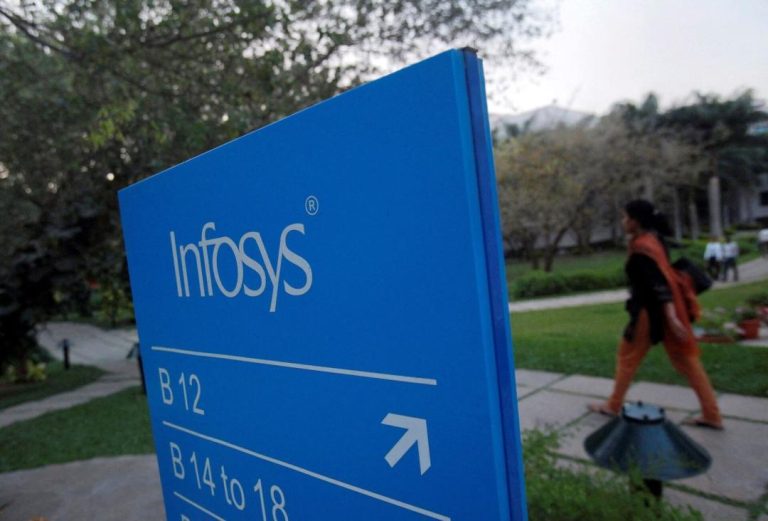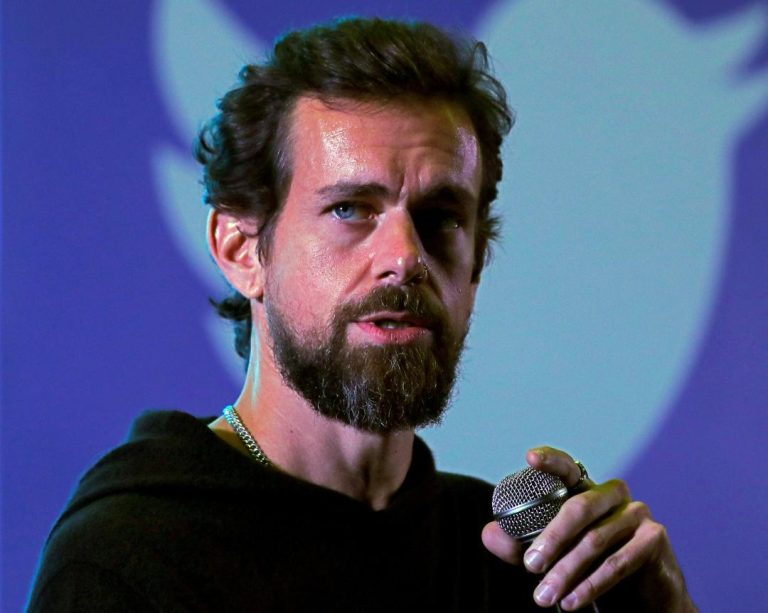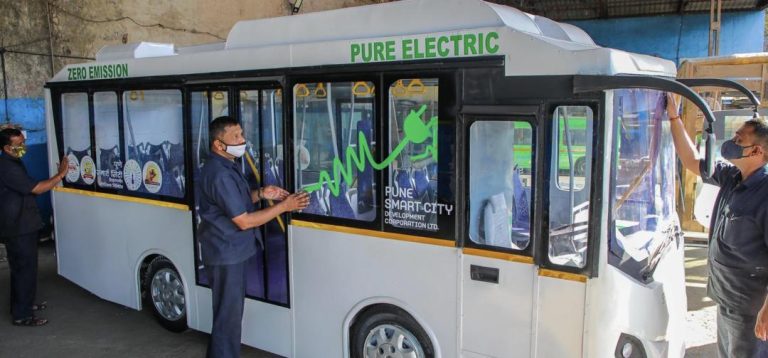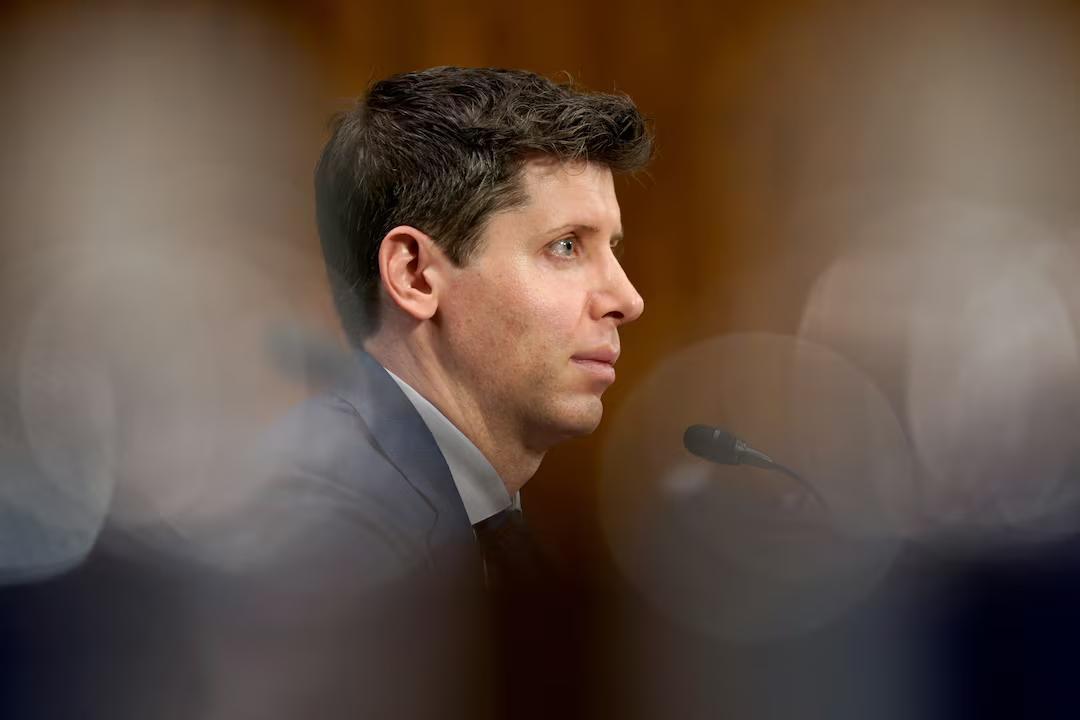
OpenAI Poaches AI Talent from Meta & Others After Meta’s Poaching: Report
The world of artificial intelligence (AI) has just gotten a whole lot more interesting. OpenAI, the company behind the revolutionary language model ChatGPT, has reportedly poached four high-profile engineers from Meta, xAI, and Tesla to join its scaling team, according to a recent report by WIRED.
This move comes as a response to Meta’s own poaching tactics, where the social media giant has been actively recruiting top AI talent from across the tech industry. It appears that OpenAI is playing a game of “reverse poaching,” snatching up the best minds in AI to fuel its own growth and innovation.
The four engineers who have joined OpenAI’s scaling team are:
- David Lau, former Vice President of Software Engineering at Tesla, who brings his expertise in AI and machine learning to the table.
- Uday Ruddarraju, ex-Head of Infrastructure Engineering at xAI, a company known for its AI-powered data analysis tools.
- Mike Dalton, a seasoned xAI engineer, who has worked on various AI projects and will now be contributing his skills to OpenAI.
- Angela Fan, a researcher at Meta AI, who has a strong background in natural language processing and computer vision.
It’s worth noting that these engineers are highly respected in their fields, and their addition to OpenAI’s team is a significant coup for the company. With their expertise, OpenAI is likely to accelerate its development of AI-powered technologies, including its language model ChatGPT.
OpenAI’s move is a clear response to Meta’s aggressive poaching tactics, which have been widely reported in the tech industry. Meta has been actively recruiting top AI talent from companies like Google, Amazon, and Microsoft, often with lucrative job offers and generous stock options. This has led to a brain drain in the AI community, with many talented engineers and researchers jumping ship to join Meta’s AI team.
However, OpenAI’s reverse poaching strategy is a clever move that may have just leveled the playing field. By snatching up top talent from Meta’s rivals, OpenAI is not only strengthening its own team but also denying Meta access to these valuable resources.
This development has significant implications for the future of AI research and development. With OpenAI’s scaling team now bolstered by these four high-profile engineers, the company is well-positioned to make further breakthroughs in AI-powered technologies. This could have far-reaching consequences for industries such as healthcare, finance, and education, where AI is being increasingly applied to solve complex problems.
Meanwhile, Meta’s AI team may need to regroup and reassess its strategy. With its top talent being poached by rivals, the company may need to focus on developing its own AI capabilities in-house, rather than relying on external hires.
In conclusion, OpenAI’s reverse poaching of AI talent from Meta and other rivals is a significant development in the world of AI. This move not only strengthens OpenAI’s position as a leader in AI research and development but also underscores the intense competition for top talent in the industry.
As the game of “AI poaching” continues to unfold, one thing is clear: the future of AI is being shaped by the most talented and innovative minds in the industry. And with OpenAI’s scaling team now bolstered by these four high-profile engineers, the company is well-positioned to make a significant impact in the years to come.
